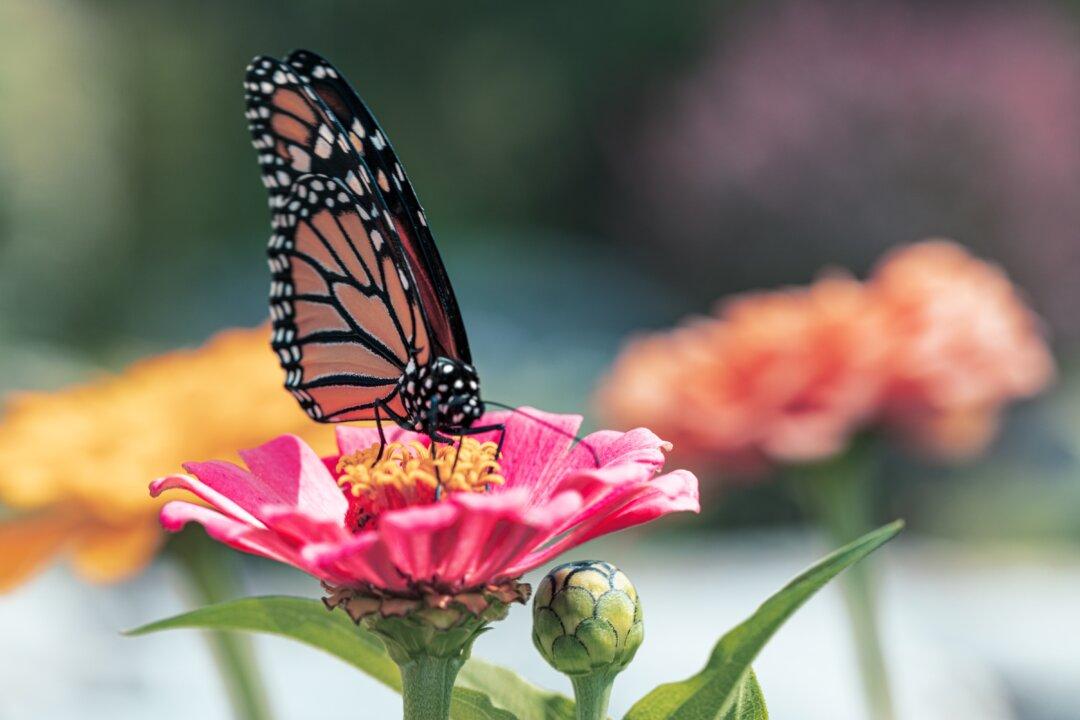We can’t wait until dazzling colors burst forth from a blackened canvas of the night sky. Our anticipation builds with each ssssss and whizzzz heard as firecrackers rocket higher exploding in loud bangs and pops a moment before sparkling colors rain down. July 4th is the first big celebration of summer. We look forward to picnics, days at the lake hanging out on the water, picnics, and glorious fireworks celebrations.
We associate the sudden loud bang of fireworks with our countries freedom and celebrations surrounded by family, but our pets are often confused and scared by all the explosions, weird noises, and smell of smoke. While we are “OOOing” and “AAHHHHing” our pets are likely thinking the world is ending.





